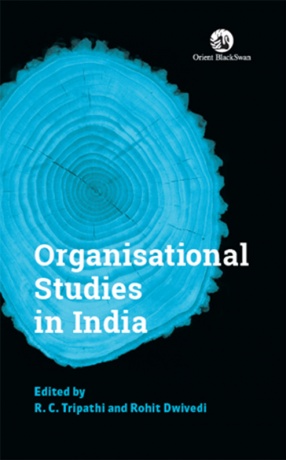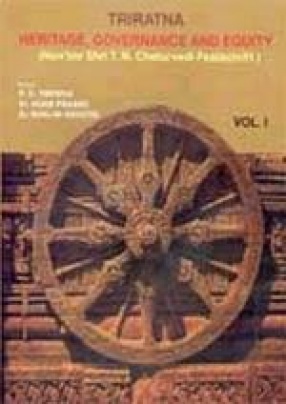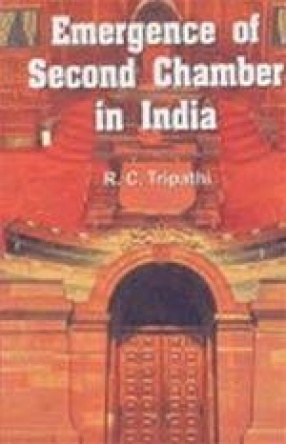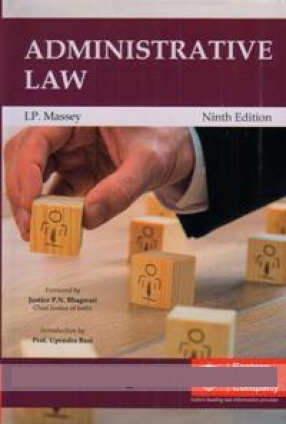Indian organisations are more complex than organisations elsewhere, because of the unique cultural, economic and political contexts to which they belong. They present a diverse mix of new and old, religious and secular, rational and irrational; there are organisations that rank among the best, and those that barely deliver. In today’s economically interdependent world, the success and failure of Indian organisations have implications for other nations as well.
Unlike previous research that studied organisations on the basis of universal principles, through Euro-centric models based on Western knowledge, Organisational Studies in India presents a range of perspectives and employs multiple lenses to provide a comprehensive understanding of the way organisations function in India.
This collection of research studies focuses on a diversity of issues that organisations in India face, along with the differences in their contexts. The common theme across all chapters is an assessment of the extent to which Indian organisations has brought about the convergence of resources to build a modern nation-state. Focusing on alternative ways of looking at organisational phenomena, the contributing authors bring together their vast experience in academia and practice in their writings to present a nuanced picture of organisational practices and behaviour.
With its emphasis on perspectives embedded in the Indian context, this book will be of immense value to students and scholars of psychology, organisational studies and comparative management, and scientist-professionals in India and abroad. It will also interest transnational organisations operating in India and those employing Indians in other countries.







There are no reviews yet.